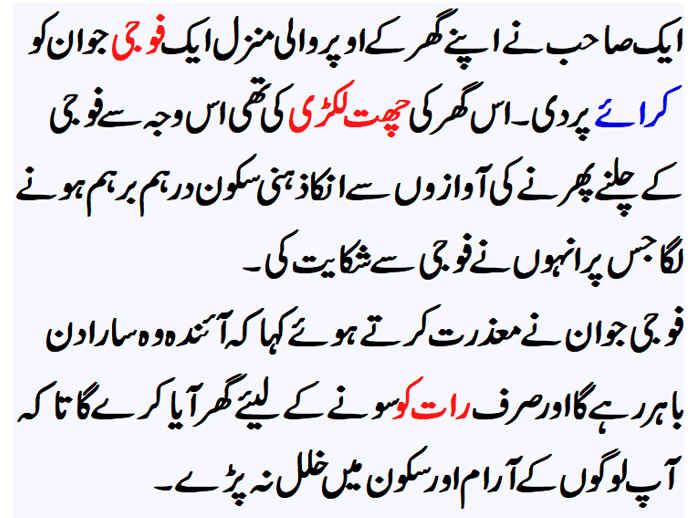
Lots of people are looking for healthy ways to lose weight. While there are many diets out there, the vegan diet is gaining popularity because it’s good for your health and the planet and might even help you shed some pounds. Don’t worry, going vegan isn’t just about giving up meat and cheese – it’s about eating many delicious and healthy plant-based foods that can help you lose weight and feel great! Let’s explore the science behind why vegan eating can be a great way to reach your weight loss goals.
Vegan Diet:
At its core, a vegan diet excludes all animal-derived products, including meat, dairy, eggs, and even honey. Instead, it emphasizes plant-based foods such as fruits, vegetables, whole grains, legumes, nuts, and seeds. This dietary shift is rich in fiber, vitamins, minerals, and antioxidants while naturally low in saturated fats and cholesterol.

Is a Vegan Diet Good for Weight Loss?
Studies have shown that adopting a vegan diet can indeed be beneficial for weight loss. By focusing on whole, plant-based foods, individuals naturally consume fewer calories while maximizing essential nutrients. Additionally, plant-based diets tend to be high in fiber and low in saturated fats, promoting feelings of fullness and satiety. This can lead to reduced calorie intake and, consequently, weight loss over time.

Vegan Diets Can Lead to Improved Gut Health:
One significant benefit of adopting a vegan diet that often goes overlooked is its potential to improve gut health. Plant-based diets are naturally rich in fiber, prebiotics, and phytonutrients, all of which support a healthy gut microbiome. Fiber, found abundantly in fruits, vegetables, whole grains, legumes, nuts, and seeds, is fuel for beneficial gut bacteria. It helps to promote regular bowel movements, prevent constipation, and reduce the risk of gastrointestinal disorders like diverticulosis and colorectal cancer.

The Weight Loss Mechanism:
1. Caloric Density:
One of the key factors contributing to weight loss on a vegan diet is the lower caloric density of plant-based foods compared to animal-based counterparts. Fruits, vegetables, and whole grains are typically lower in calories per gram, allowing individuals to consume larger volumes of food while staying within their caloric limits.
2. Increased Fiber Intake:
Plant-based diets are inherently high in fiber, which not only promotes satiety but also aids in digestion and regulates blood sugar levels. High-fiber foods help individuals feel fuller for longer periods, reducing overall calorie intake and preventing overeating.
3. Reduced Consumption of Processed Foods:
Embracing a vegan lifestyle often entails cutting out processed and highly refined foods that are typically high in sugars, unhealthy fats, and additives. By eliminating these calorie-dense, nutritionally void options, individuals naturally gravitate towards whole, nutrient-dense foods that support weight loss and overall health.
4. Enhanced Metabolic Rate:
Research suggests that plant-based diets may have a positive impact on metabolic rate, potentially leading to more efficient calorie burning. Certain plant compounds, such as phytochemicals and antioxidants, may play a role in boosting metabolism and promoting fat loss.
Healthy Vegan Foods for Weight Loss
When it comes to weight loss on a vegan diet, certain foods can be particularly beneficial:
Leafy Greens: Loaded with vitamins, minerals, and fiber, leafy greens such as spinach, kale, and Swiss chard are excellent for weight loss.
Legumes: Beans, lentils, and chickpeas are rich in protein and fiber, keeping you full and satisfied for longer periods.
Whole Grains: Quinoa, brown rice, oats, and barley provide sustained energy and essential nutrients, aiding in weight management.
Fruits: Incorporate a variety of fruits into your diet for a natural source of sweetness and antioxidants. Berries, apples, and oranges are excellent choices.
Nuts and Seeds: While high in calories, nuts and seeds are packed with healthy fats, protein, and fiber, making them a satisfying snack in moderation.
Doctor Mike Goes VEGAN For 30 Days
Tips for Effective Weight Loss on a Vegan Diet:
1. Focus on Whole Foods:
Prioritize whole, unprocessed plant foods such as fruits, vegetables, whole grains, legumes, nuts, and seeds. These foods are not only rich in essential nutrients but also promote satiety and weight management.
2. Pay Attention to Portions:
While plant-based foods are generally lower in calories, portion control is still crucial for weight loss success. Be mindful of serving sizes and aim to include a variety of foods to ensure adequate nutrient intake.
3. Incorporate Protein-Rich Foods:
Ensure an adequate intake of protein by including sources such as legumes (beans, lentils, chickpeas), tofu, tempeh, seitan, quinoa, and nuts in your meals. Protein helps to preserve lean muscle mass and promotes feelings of fullness.
4. Stay Hydrated:
Drink plenty of water throughout the day, as hydration is essential for overall health and can aid in appetite control. Opt for water-rich foods like fruits and vegetables to further support hydration and satiety.
5. Plan and Prepare Meals:
Take the time to plan and prepare balanced vegan meals to avoid relying on convenience or fast food options, which may be higher in calories and less nutritious. Experiment with new recipes and cooking techniques to keep meals exciting and satisfying.
FAQs about Vegan Diet for Weight Loss:
1. Can I get enough protein on a vegan diet for effective weight loss?
Absolutely! While animal products are commonly associated with protein, many plant-based foods are rich in this essential nutrient. Legumes like beans, lentils, and chickpeas, as well as tofu, tempeh, seitan, and quinoa, are excellent sources of protein. By incorporating a variety of these foods into your meals, you can easily meet your protein needs while supporting weight loss and muscle maintenance.
2. Will I miss out on important nutrients by cutting out animal products?
With proper planning, a vegan diet can provide all the essential nutrients your body needs for optimal health and weight loss. However, it’s essential to pay attention to certain nutrients that may be less abundant in plant-based foods, such as vitamin B12, iron, calcium, and omega-3 fatty acids. Consider incorporating fortified foods, supplements, and a diverse array of plant foods to ensure you’re meeting your nutritional requirements.
3. How can I satisfy cravings for unhealthy foods while following a vegan diet?
Cravings for unhealthy foods are common, regardless of dietary preferences. Fortunately, there are plenty of delicious and nutritious vegan alternatives to satisfy cravings. For example, if you’re craving something sweet, opt for naturally sweet fruits or homemade vegan desserts made with whole ingredients like dates, nuts, and cocoa powder. If you’re craving something savory, try roasted chickpeas, air-popped popcorn seasoned with nutritional yeast, or veggie-packed stir-fries.
The Bottom Line:
Going vegan can be a great way to lose weight healthily and sustainably. It’s good for you, good for the planet, and good for the animals! By focusing on whole plant-based foods like fruits, veggies, and whole grains, you can eat lots of delicious food and still slim down. But remember, talk to your doctor or a dietitian before making any big changes to your diet. With a little planning and support, going vegan can help you reach your health goals and feel your best!






